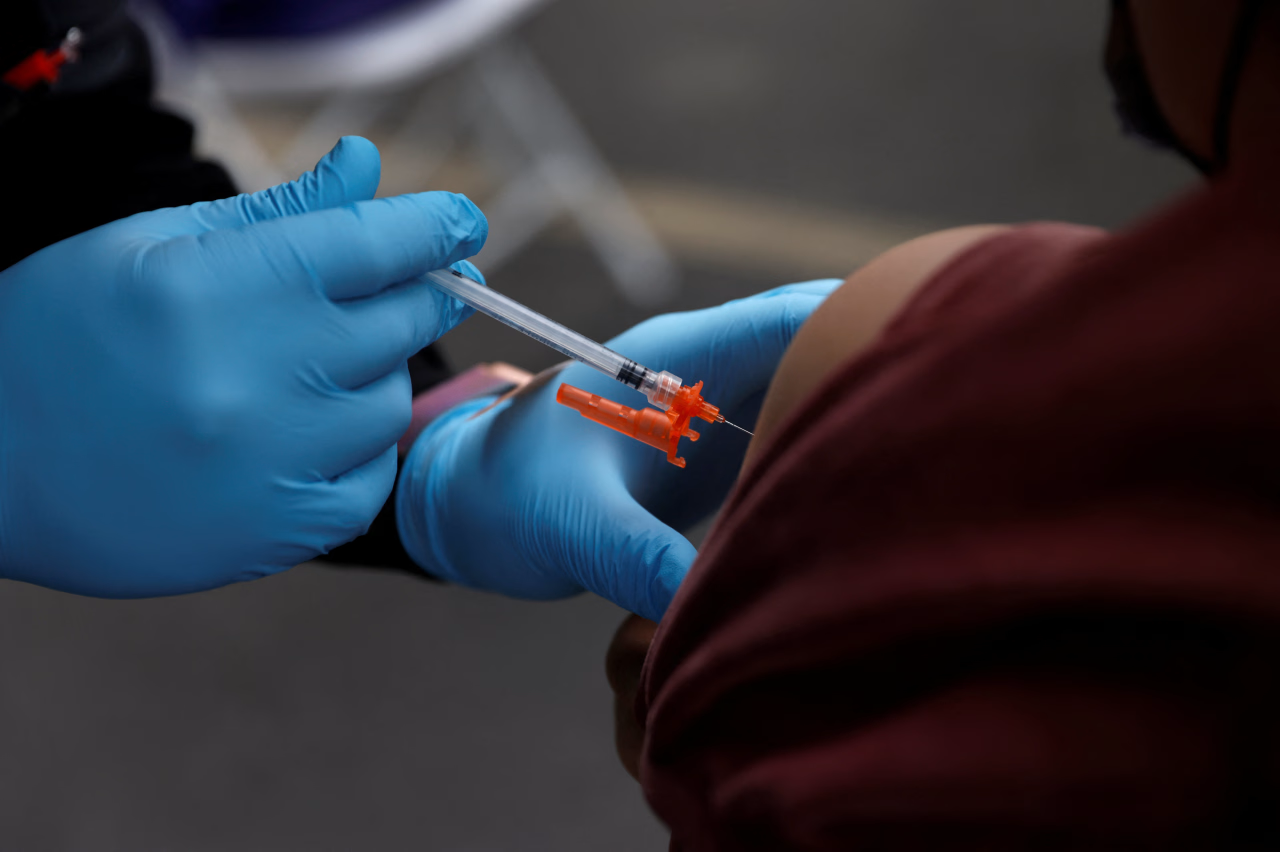Why the FDA Doesn’t Support Covid Boosters Forever/ Marty Makary
Mandates GONE
https://archive.is/uTCkD#selection-513.0-763.51
The emergency is over, and the U.S. is joining other nations in shifting to a risk-tiered approach on vaccines.
By
Marty Makary
Sept. 1, 2025 12:17 pm ET

SHANNON STAPLETON/REUTERS
The Food and Drug Administration last week approved Covid-19 vaccines for adults over 65 and for people 6 months and older who have one or more risk factors that put them at high risk of severe Covid. This regulatory framework brings the U.S. in line with peer nations—in France such vaccines are recommended for people over 80 and in the U.K, for people over 75. Although the world has moved on to a risk-tiered approach, some in the American medical establishment are maintaining their blind faith in a strategy of boosters for all in perpetuity. They should consider these six points:
First, the FDA can approve products only if we believe there is substantial certainty that the benefits outweigh the risks. Currently, we don’t have that confidence for, say, a seventh Covid shot for healthy 12-year-old girl who recently recovered from Covid.
Second, if your doctor deems that you need a Covid vaccine, you can still get one. The FDA can’t regulate the practice of medicine. The FDA grants marketing authorizations, but doctors are able to prescribe drugs off label to people at low risk. In a few states, pharmacists may require a prescription.
Third, as part of our approval the FDA is demanding that all companies run a clinical study assessing whether the new Covid shots improve outcomes in healthy subjects. These post-market randomized trials will use a true placebo control (salt water) so we will learn the side-effect profile. The FDA has asked, and the companies have agreed, to monitor if the spike protein—the molecule the vaccine creates in the body—persists after vaccination. Several studies have shown the persistence of spike protein, which some believe contributes to adverse events. The FDA’s mandate is to compel companies to generate evidence to answer questions Americans have.
Fourth, some argue that Covid shots are needed for those who live with or take care of immunocompromised or elderly people. But no company has ever submitted data to the FDA to prove that Covid shots, which do not halt transmission, prevent caregivers from infecting vulnerable people. Accordingly, the FDA has never allowed companies to advertise that claim.
Fifth, some claim that Covid shots mean kids are less likely to miss school and adults more likely to attend work. No vaccine manufacturer has ever submitted data to the FDA to validate these claims either. Similarly, some argue that repeat doses prevent long Covid. Again, the FDA has no data to support this claim and has never allowed manufacturers to make it. As part of our new framework we have asked sponsors to measure long Covid symptoms.
Sixth, the FDA’s new framework essentially ends mandates. Mandates were contentious, and ultimately a policy error, pushing hundreds of thousands of people out of work, without clear evidence of helping the public. Since the FDA isn’t approving a vaccine for the healthy school-age and working population, college and school mandates will be legally impossible. Accordingly, the FDA is revoking the emergency-use authorization for Covid vaccines. The emergency is over. The FDA will now return to an evidence-based standard.
Ultimately, no one knows how many shots a healthy person should get in his natural life, or if a healthy person who already had Covid benefits from a seasonal dose. The FDA’s new framework preserves vaccines for those who might most plausibly benefit, while generating evidence for most Americans, who are voting with their feet (or their upper arms) against an eternal annual booster campaign.
Dr. Makary is U.S. commissioner of food and drugs.